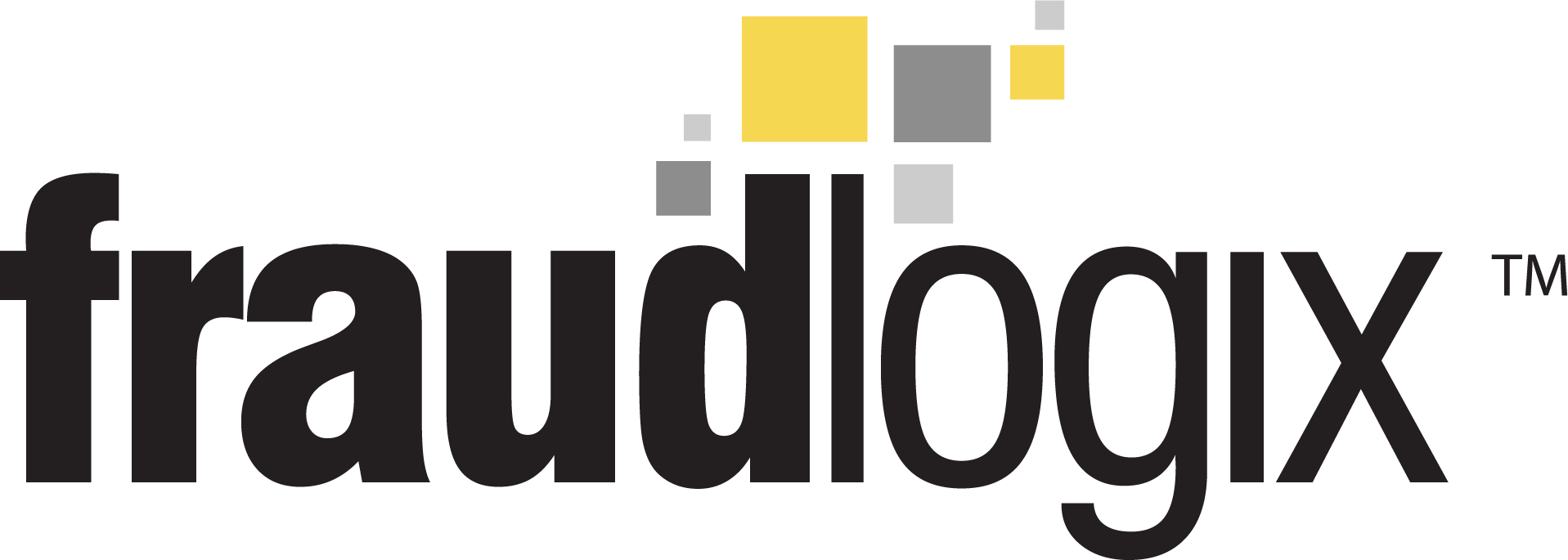Fraudulent affiliate actions (i.e., fake clicks, leads, installs, and sales) can be detrimental to a marketing budget and clawing back paid commissions can be nearly impossible. Preventing fraud from entering into your environment and campaigns is a much easier route. Carefully vetting your affiliate partners is an important part of preventing fraud, and there are often tell-tale signs that an affiliate will cause you grief down the line. Here’s ten questions to ask when qualifying affiliate partners to work with:
- Are their sites new?
While brand-new domains don’t automatically equate to fraud, a collection of recent registrations should raise a red flag. It’s difficult, if not impossible, to legitimately establish authority, develop an organic following, and become a top-ranking site in mere days or weeks. - Has there been any spikes in traffic?
Looking at traffic to the affiliate site, a tell-tale sign of bot (i.e., fake) traffic are sudden spikes in traffic for no apparent reason – traffic spikes are strong indicators of bot activity. - Are their sites valid?
Do the sites exist at the domains where they say? - Are their sites complete?
If their sites have unfinished pages, broken links, or still in the building process, you have to question how they plan on sending you legitimate traffic if they’re currently failing to provide content and a good user experience. - Are they publishing on a regular basis?
Having stale content on a site, where nothing’s been updated in months or years, should be a warning that they probably don’t have a real, active, engaged audience. - Can they provide examples of current campaigns? Projects?
Be wary if they can’t give any examples of other monetization projects, current campaigns, or materials that outline how they plan to monetize traffic for a merchant. - Does their content align with your guidelines and core values?
From a brand safety perspective, things like adult content, vulgarity, and deceptive language should be red flags if they don’t align with your brand’s guidelines and core values. Ask yourself if their content is something that you want your company and products to be associated with. - Do their tactics comply with your network terms and conditions?
Things like banner farms, pop-unders, cookie stuffing, adware, comment spamming, etc. all fall into poor user experiences where a person probably did not mean to click on something or visit a page. If the traffic is real, it probably won’t convert. Research their tactics and be wary of ones that go against your service terms. - Is their content unique (i.e., it’s not scraped from another affiliate site)?
Plagiarized content is already entering the realm of fraud. - Are their sites full of RSS feeds/widgets with no real content?
We’ve seen many cases where fraudulent publishers try to make their network of websites look real and fresh by adding multiple news feeds or other RSS feeds to them, hiding the fact that they have no real content.
A simple vetting process can significantly help to weed out fraudulent affiliates. Read more about Fraudlogix’s affiliate fraud solutions and how we can help you to prevent fraud.



